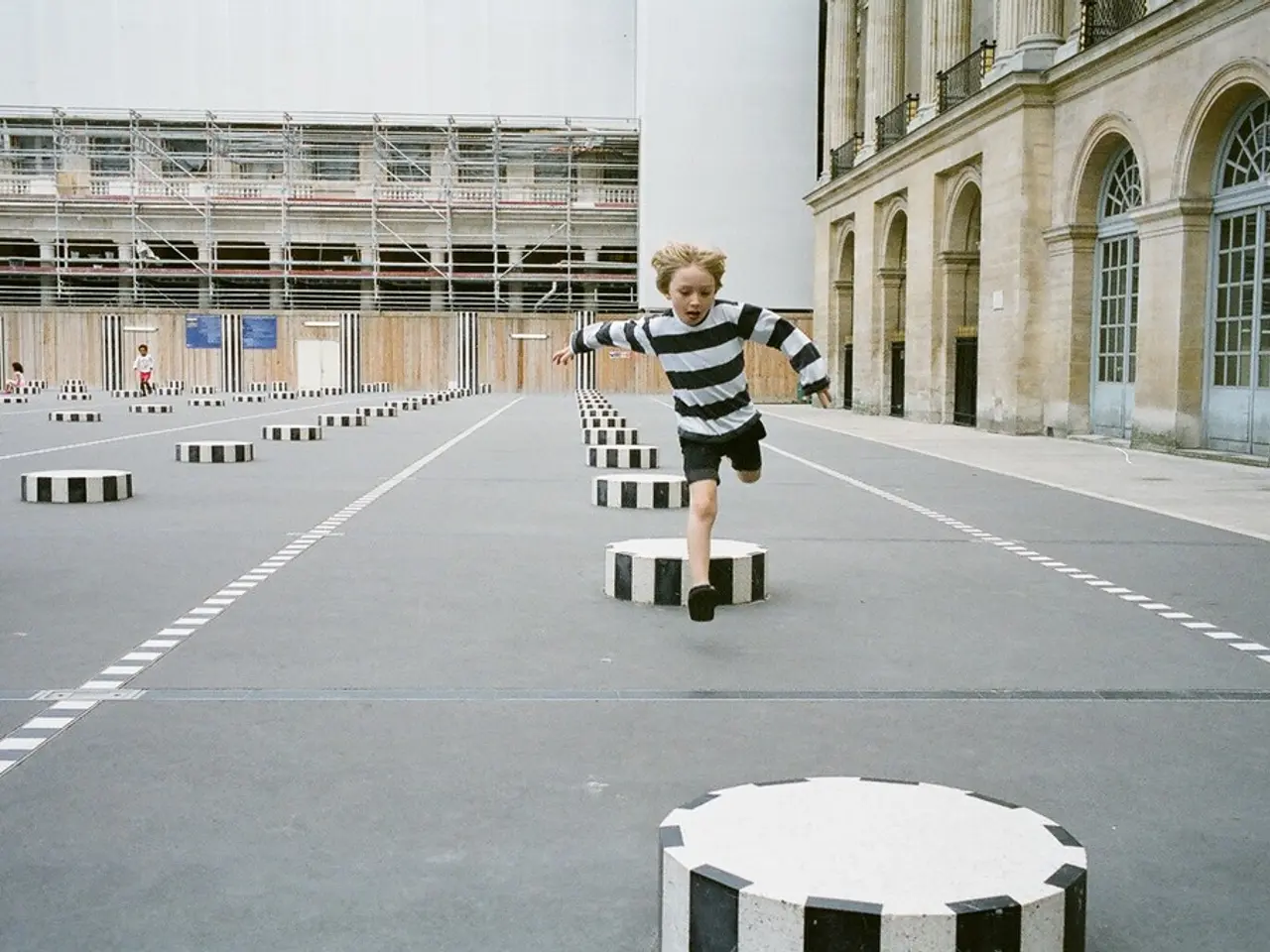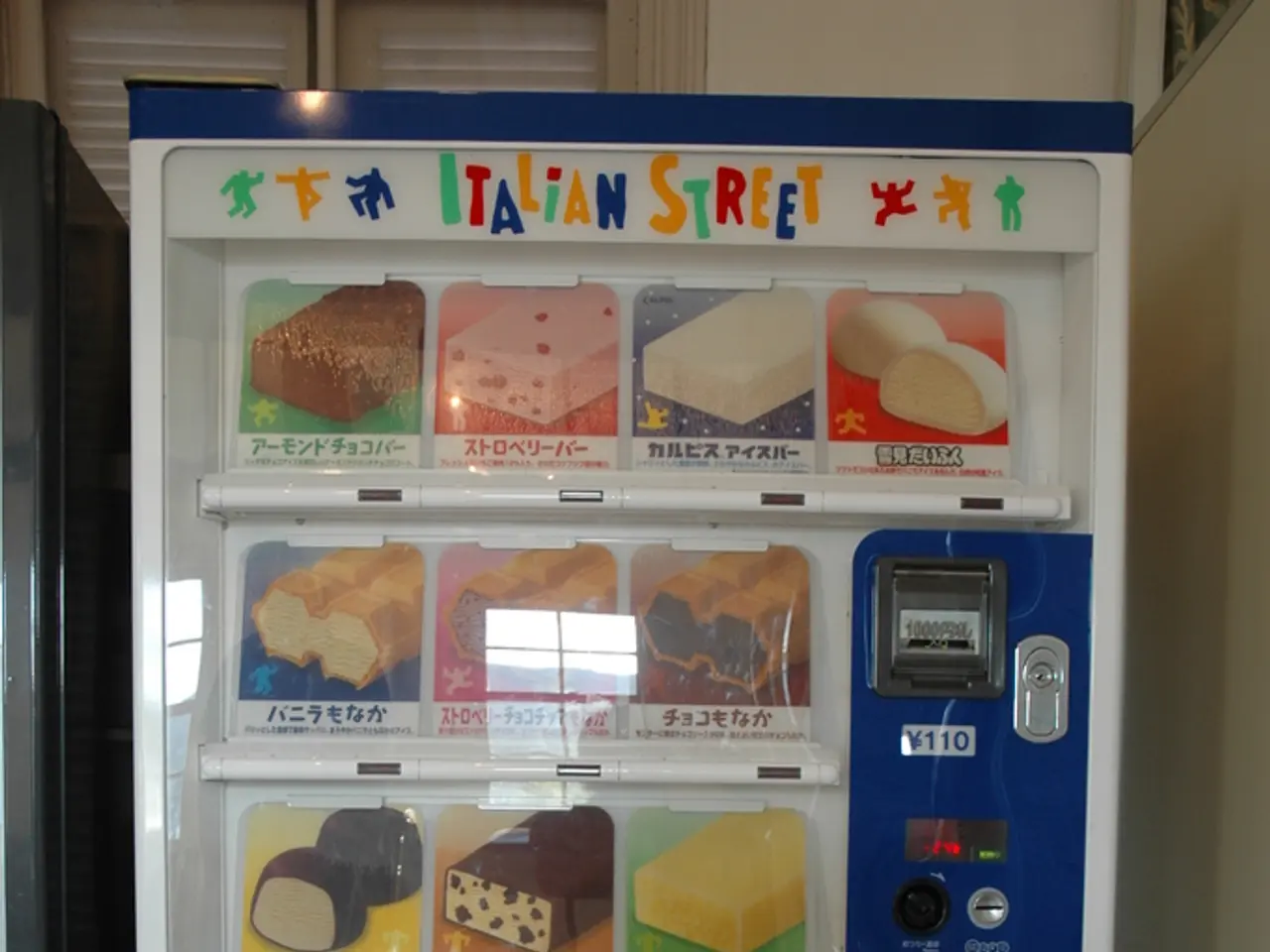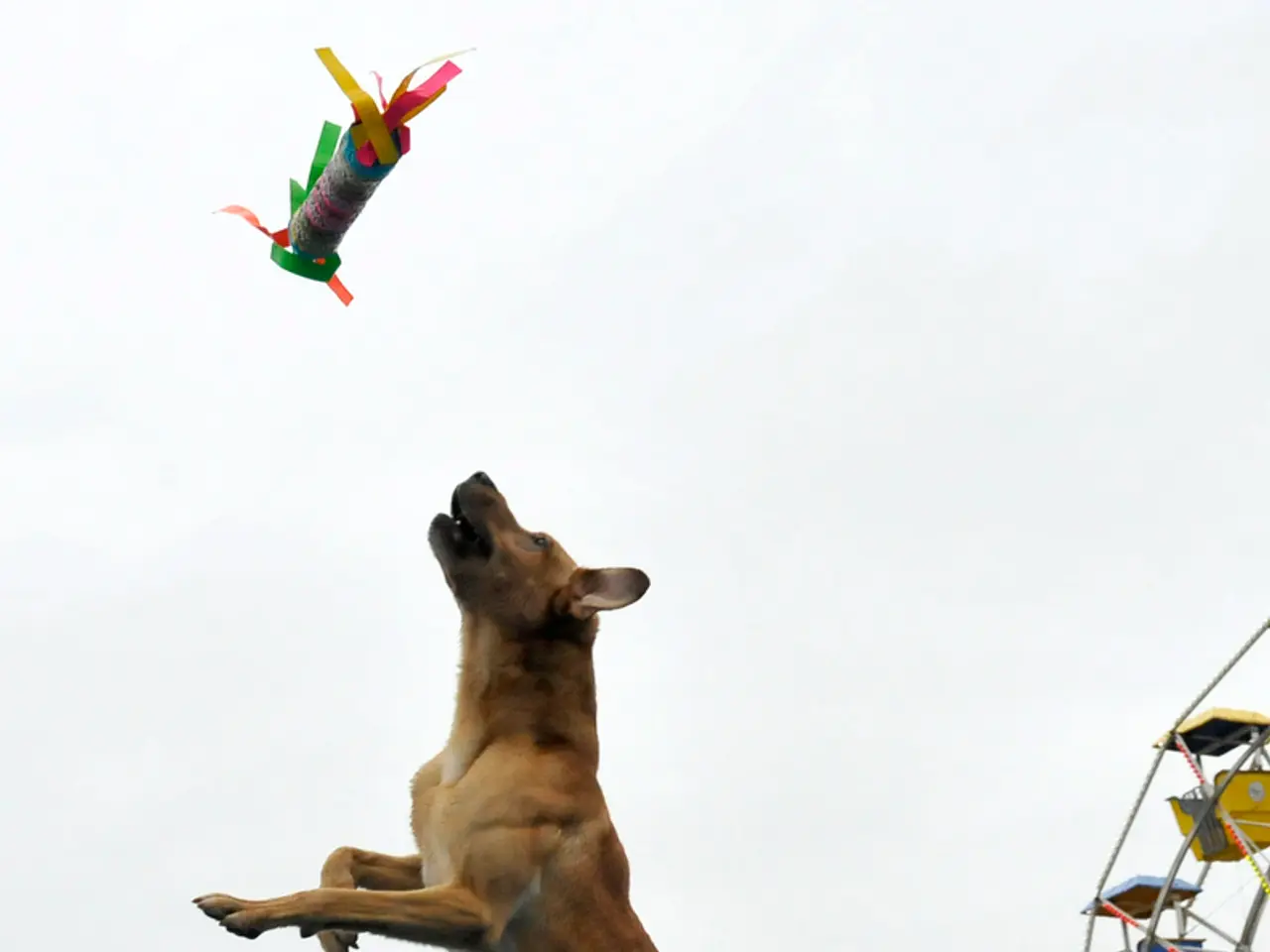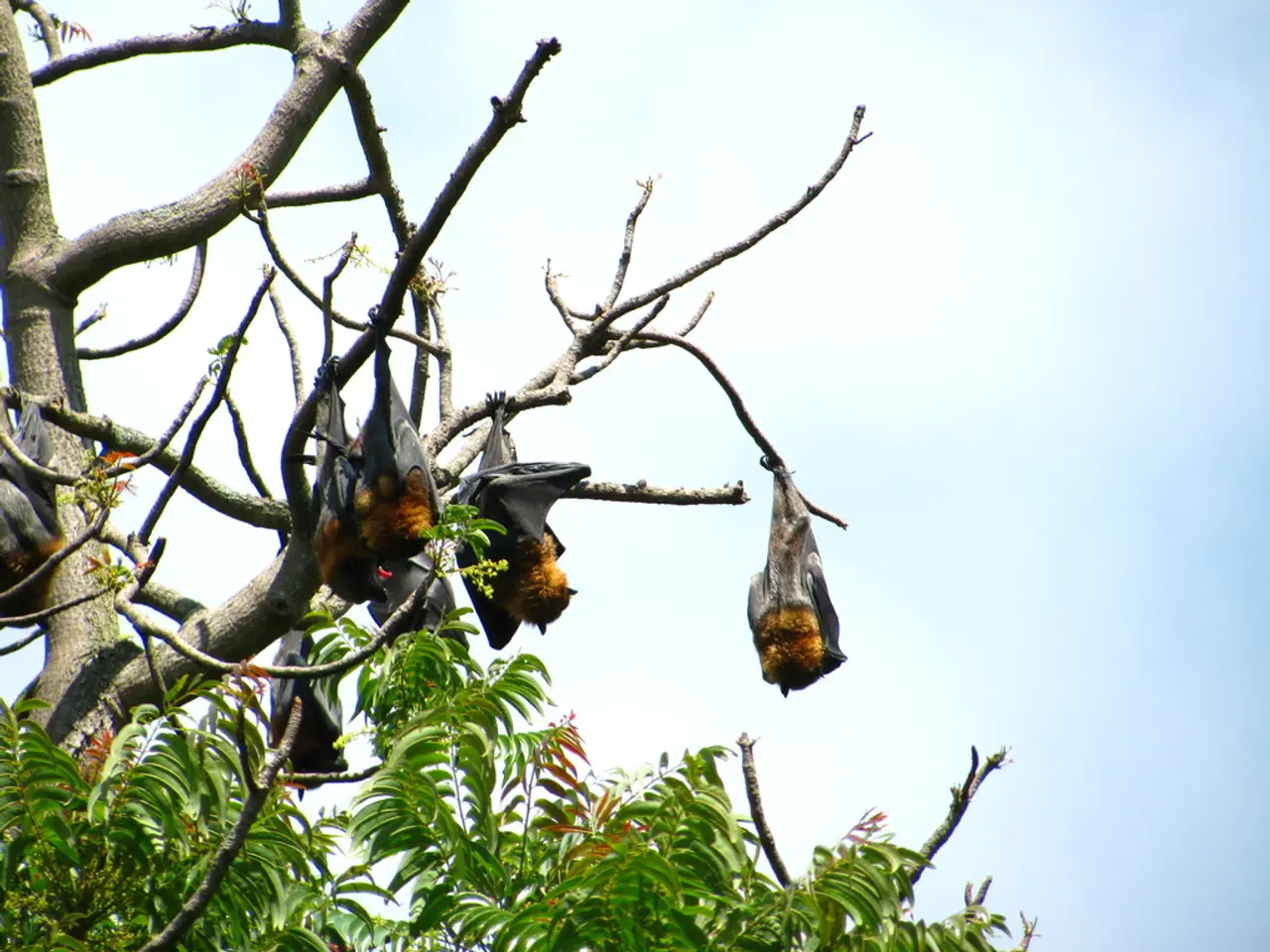Guide for Promoting Physical Growth in Preschool Years
The benefits and milestones of physical development in early childhood are crucial for a child’s overall growth, school readiness, and ability to participate in everyday activities. Parents and educators play a key role in supporting this development through daily activities and learning environments.
Physical development in early childhood refers to the process through which children build strength, coordination, and control over their bodies. Key milestones include gross motor skills, such as walking independently, running, climbing stairs, and jumping, as well as fine motor skills, like drawing, using scissors, and writing.
Gross motor milestones for children between 12 and 24 months include walking independently, running, navigating uneven surfaces, climbing stairs (on hands and knees or with support), kicking or throwing a ball. By the age of 2 to 3 years, children may begin to demonstrate emerging jumping and climbing skills, use stairs independently, jump forward and down from low heights, ride a tricycle, and balance briefly on one foot. By preschool age (up to 6 years), children can hop in different directions, do jumping jacks, walk on a balance beam, and maintain good control and posture during running activities.
Fine motor skills are developed through activities like painting, mark-making, and playdough exploration. Hand-on skills such as drawing, using scissors, and eventually writing are essential for school readiness and cognitive development.
Developing good posture is essential for sitting at a table, walking, and playing actively, improving overall body control and coordination.
The benefits of physical development in early childhood are numerous. Physical skills enhance school readiness, enabling children to participate fully in active parts of school life. Improved strength, balance, coordination, and confidence through regular physical activity contribute to greater independence. Strengthened fine motor skills support cognitive and emotional development through activities like art and writing. Positive physical development also boosts self-esteem and emotional regulation when children experience success and engagement in movement.
Parents and educators can support physical development by encouraging at least three hours of physical activity daily, including outdoor play, climbing, running, dancing, and movement games, to build strength and coordination. Providing opportunities for practicing gross motor skills (pushing, pulling, climbing) alongside fine motor activities such as playing with playdough, painting, and manipulating small objects is essential. Using age-appropriate tasks that gently challenge children’s motor skills and providing safe environments to explore movement is also crucial. Engaging children in self-help tasks like dressing and feeding to support independence and motor skills development is important.
Creating a positive and inclusive learning environment where effort is celebrated, mistakes are learning opportunities, and children feel supported, promotes confidence and willingness to try new physical skills. Offering structured routines with clear expectations to reduce behavioral challenges and help children focus on developing motor skills within a predictable setting is also beneficial. Designing spaces with adequate room and materials for climbing, balancing, jumping, and fine motor tasks, while ensuring safety and accessibility, is essential. Including families in the process by providing guidance and support so parents can reinforce physical activities at home, strengthening progress and consistency, is highly recommended.
By focusing on these milestones and creating nurturing environments both at home and in early education settings, children can develop essential physical skills that form the foundation for lifelong health, learning, and independence. The school's Primary Years Programme applies these strategies through inquiry-led learning, using a wide range of physical activities like swimming, taekwondo, creative arts, and outdoor learning. The school designs its Early Years program around principles that encourage movement and foster daily physical activity, supporting the growth of lifelong habits.
Children who move regularly show better concentration and stronger problem-solving abilities. By supporting children's physical development, we can help them grow into confident, capable learners who are ready to engage fully with their environment, build relationships, and enjoy learning. To learn more about a balanced and movement-rich education that supports early childhood development, explore the school's Early Years program.
- School's Early Years program uses inquiry-led learning and a variety of physical activities like swimming, taekwondo, creative arts, and outdoor learning to nurture children's physical development.
- By encouraging at least three hours of physical activity daily, which includes outdoor play, climbing, running, dancing, and movement games, parents can help build children's strength and coordination.
- Creating a learning environment where effort is celebrated, mistakes are seen as learning opportunities, and children feel supported promotes confidence and encourages children to try new physical skills.
- The benefits of physical development in early childhood extend beyond bodily skills, enhancing school readiness, cognitive and emotional development through activities like art and writing.
- Fine motor skills can be developed through activities like painting, mark-making, and playdough exploration, and hand-on skills like drawing, using scissors, and writing are essential for school readiness and cognitive development.
- Improved strength, balance, coordination, and confidence through regular physical activity contribute to greater independence, supporting children's ability to participate in everyday activities.
- The school's Primary Years Programme and other early education settings play a key role in supporting physical development through daily activities and learning environments.




![Video Explanation: An Overview of Explainer Videos [Including Examples and Definition]](/en/content/images/size/w1280/format/webp/20250721153209_explainer-video-examples-meaning.jpeg)